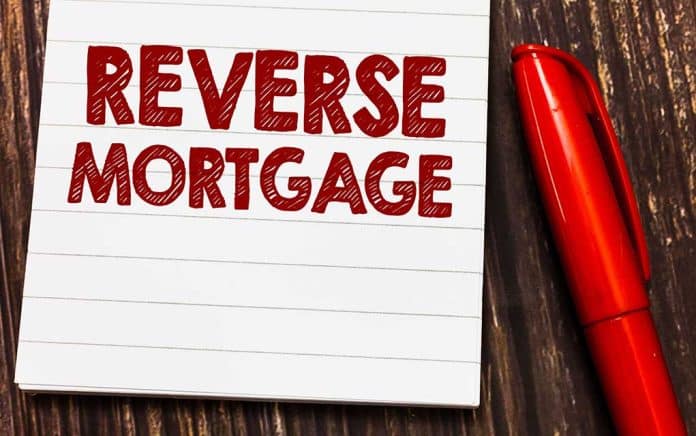
The Prevalence of Fraud Makes a Reverse Mortgage a Risky Choice
Reverse mortgages were created specifically for adults over the age of 62 who need to supplement their retirement income. Unfortunately, there are companies who will take advantage of seniors who are particularly vulnerable, advising them to take out a reverse mortgage even if it isn’t a good choice or using a loan to steal their home or money.
Adults with dementia are especially at risk of being scammed. For this reason, it is best for this population and their loved ones to avoid reverse mortgages entirely to maintain financial stability.
How Does a Reverse Mortgage Work?
In a reverse mortgage, adults over the age of 62 are able to take out a loan against the equity they have in their home. They receive regular payments that can be used to cover their cost of living during retirement or for any other expenses. When they move out or sell their home, they are expected to repay their loan in full from the sale proceeds.
Reverse Mortgage Scams
Reverse mortgages are infamously associated with fraud. In some instances, the scam happens subtly when a senior is pressured or advised to take out a loan that isn’t a good fit for their circumstances.
Fraudulence goes beyond pushing individuals to make risky financial choices. According to the Federal Bureau of Investigations, one common scam is to use a vulnerable senior as a pawn in an attempt to steal equity in a house flipping scam. The borrower is told to move into a foreclosed home, then take out a reverse mortgage. The scammer then steals the funds of the loan.
A senior facing potential foreclosure may be at an increased risk of being targeted as well. A lender may pose a reverse mortgage as a solution to financial distress only to scam the struggling homeowner out of their home entirely.
Avoiding Reverse Mortgage Fraud
As you care for a loved one with dementia, it is important to devise a plan for protecting their financial well being as they become more vulnerable over time. Have open and honest conversations with your loved one, explaining exactly what kind of tactics are being used to prey on seniors and asking them to get an outside opinion before making any financial decisions.
Another way to shield a loved one from scams is to set up a durable power of attorney. This allows you or another trusted family member or friend to be responsible for all financial decisions once a senior is no longer capable of making their own choices.
It is unfortunate that there are those who take advantage of aging adults, but the watchful eye of a loved one can go a long way in protecting them from harm.
~ Here’s to Your Financial Health!





















